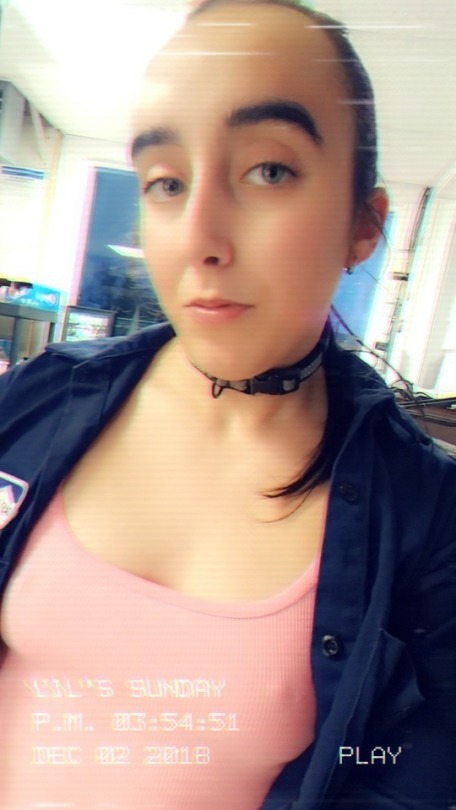

"Threatening to share an image is a form of domestic abuse - living with this threat is a very powerful way in which men can control and abuse women," warns Refuge. It is illegal for someone to share an intimate image or video without consent and as of 1 March 2021, it was announced that threatening to do so is also set to become a punishable crime in the eyes of the law. What is the current law around ‘revenge porn’? Making threats to share intimate images a crime will make a real difference to thousands of women," Butt also said. "So much of our lives are lived online, which is increasingly causing harm and enabling abuse. Refuge's campaign was wholeheartedly supported by Cosmopolitan UK, charity ambassador Olivia Colman, survivors, and influencer Zara McDermott, who herself has experienced naked threats and her images shared without her consent.Įllie Butt, head of policy and parliamentary affairs at Refuge, added, "The Revenge Porn Helpline has seen calls about threats to share intimate images more than triple between 20, rising 73% between 20 alone."

The campaign's success means we'll now see abusers and blackmailers face up to two years in jail, as part of the Domestic Abuse Bill. Find out how here.Įarlier this year, both the act of sharing nude photos or videos, along with threatening to do so became a crime, thanks to Refuge's campaign - #TheNakedThreat. That said, you don't need a hash to search for an image - you can reverse image search any picture. Once you've hashed the image, you can Google search it at any time to check that it is not on the internet - and if you find that the image has been uploaded you can locate the exact site, report it and have it removed. "Tech companies participating in receive the hash and can use that hash to detect if someone has shared or is trying to share those images on their platforms." Essentially, the tool features hash-generating technology that assigns a unique hash value (a numerical code) to an image, creating a secure digital fingerprint. "When someone is concerned their intimate images have been posted or might be posted to online platforms like Facebook or Instagram, they can create a case through to proactively detect them," Meta added. "There are also 50 international NGO partners joining the fight, to help victims take back control." " is available to people all over the world and will be operated by the UK Revenge Porn Helpline which has helped thousands of NCII survivors," a statement from Meta reads.


In one especially exciting new step, today (2 December), Facebook, Instagram, and Messenger's parent company, Meta, announced that they're partnering with the Revenge Porn Helpline to launch a specific tool designed to help stop the non-consensual sharing of intimate images (NCII) on the internet. The idea that someone you trusted would hurt you by sharing an intimate photo of you without consent (also known as revenge porn) can feel like the worst betrayal – which is why charities such as Refuge and organisations like the Revenge Porn Helpline, along with social media platforms, have been busy trying to tackle the issue. If you've ever been on the receiving end of a naked threat, you'll know just how stomach-curdling, fear-inducing, and anxiety-spiking it can be.


 0 kommentar(er)
0 kommentar(er)
